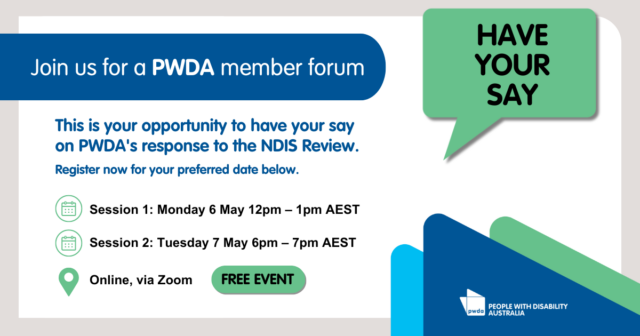RSPCA WA has issued an urgent parvo vaccination plea, after a horror weekend which saw seven puppies and an adult dog succumb to the deadly virus.
At a property in Cannington on Saturday, an RSPCA inspector found six deceased puppies, one survivor and a very sick mother dog. The inspector rushed mum and pup straight to a nearby vet for treatment, but sadly the puppy didn’t survive the journey, and mum was so unwell that she could not be saved. Later that same day, an eight-month-old puppy from a property in Waikiki also had to be euthanised due to parvovirus.
These latest cases bring the total number of deaths for the month to a heartbreaking 17, following the loss of nine puppies from a property in Medina on 3 December.
RSPCA WA Inspector Manager Kylie Green said this number was likely just the tip of the iceberg.
‘Our inspectors are often called out as a last resort because owners have been unable to afford vet treatment. The cases we see are already very advanced and the consequences are devastating,’ she said.
‘Many more dogs and puppies would be presenting at vet clinics across Perth with the virus. It’s highly contagious and can stay on surfaces and in environments for months on end.
‘These deaths are senseless because parvo vaccinations are readily available and highly effective.
‘I’d really urge owners to check their dog is vaccinated, and that boosters are up to date. If cost is a concern, ask your vet about organising a payment plan. With the virus out in the community, it’s just not worth taking any risks.’
Parvovirus attacks dogs’ gastrointestinal tracts, damaging the linings of the intestinal tract and bone marrow. Dog faeces are the most common source of the virus, but it can also be transmitted by contaminated footwear, clothing, bedding, food and water bowls, and toys.
Parvovirus is most common in puppies, due to their greater susceptibility, but it can affect dogs of any age. The virus is also more likely to be fatal in puppies.
Symptoms include lethargy, loss of appetite, vomiting and diarrhoea (usually with blood present).
If you suspect your dog has parvovirus, it is crucial that you seek veterinary attention immediately. Always call ahead of time, so vet staff can put precautions in place to protect other dogs.
If the virus is detected early, it can usually be treated with fluids, antibiotics and nursing care, which will give your dog the best chance at making a speedy recovery.






